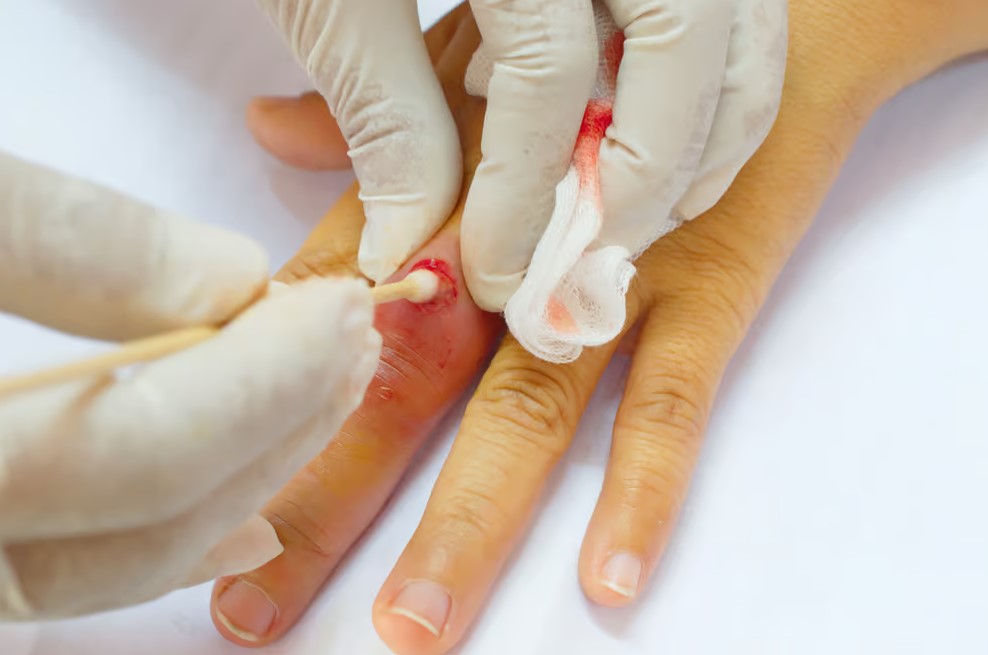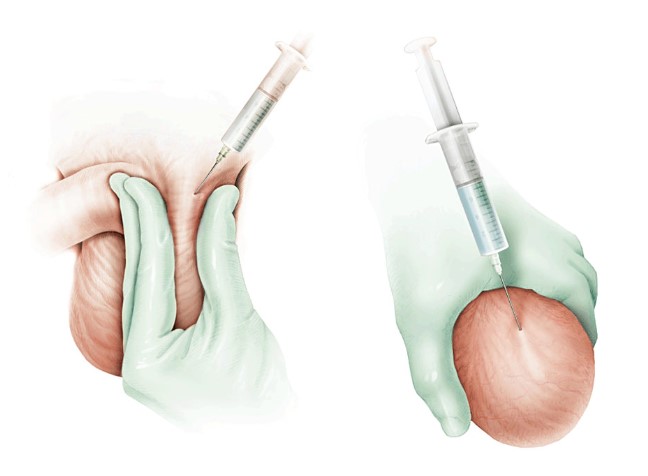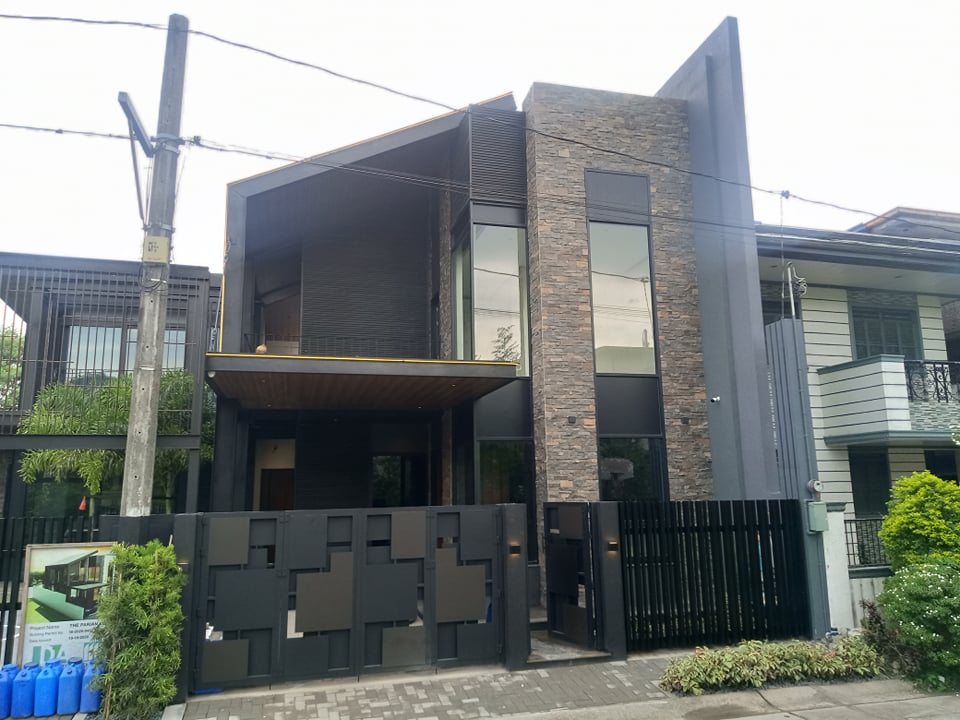Effective healing of wounds, whether chronic or acute, requires more than basic first aid or standard hospital care. Specialized facilities known as wound care hospitals have emerged to address this critical need by providing expert treatment designed to promote faster recovery and reduce complications. These hospitals use advanced wound assessment techniques and evidence-based therapies tailored to each patient’s unique condition.
This comprehensive guide explores what a wound care hospital is, why specialized care matters, and how advanced assessments pave the way for optimal healing.
What Is a Wound Care Hospital?
A wound care hospital is a medical facility dedicated specifically to the diagnosis, treatment, and management of various types of wounds. Unlike general hospitals where wound care may be part of broader services, wound care hospitals focus exclusively on wounds that require specialized attention. This includes chronic wounds such as diabetic foot ulcers, venous leg ulcers, pressure sores, and non-healing surgical wounds.
These hospitals employ multidisciplinary teams composed of wound care specialists, nurses, physical therapists, nutritionists, and other healthcare providers who work collaboratively to address every aspect influencing wound healing. Their comprehensive approach ensures patients receive the highest level of care focused on restoring tissue health and preventing further complications.
Why Choose a Specialized Wound Care Hospital?
Choosing a wound care hospital offers several important advantages over standard healthcare settings:
Expertise and Advanced Technology: Wound care hospitals utilize state-of-the-art diagnostic tools and treatment options that may not be available in general clinics. Their teams specialize in wound pathology and healing processes, enabling more accurate diagnosis and effective interventions.
Multidisciplinary Care: Healing wounds often require addressing underlying health issues such as diabetes, poor circulation, or infection. A wound care hospital coordinates care among various specialists to tackle all contributing factors simultaneously.
Faster Recovery and Fewer Complications: By providing focused, evidence-based treatments, wound care hospitals increase the likelihood of rapid healing and reduce the risk of infections, amputations, or other serious outcomes.
Improved Quality of Life: Chronic wounds can be painful, limit mobility, and affect mental well-being. Specialized care helps patients regain comfort and function, improving overall life satisfaction.
The Role of Advanced Wound Assessment
Central to the success of any wound care hospital is the use of advanced wound assessment. This process goes far beyond a simple visual inspection and includes a thorough evaluation of the wound’s size, depth, tissue type, infection status, and underlying causes. Equally important is the assessment of the patient’s overall health, such as blood flow, nutrition, immune function, and coexisting medical conditions.
Advanced wound assessment enables clinicians to:
- Identify factors delaying healing (e.g., poor circulation, pressure, infection)
- Determine the most appropriate treatment plan tailored to the wound’s specific characteristics
- Monitor healing progress objectively over time
- Adjust interventions based on the patient’s response
Evidence-based protocols and diagnostic technologies such as wound imaging, tissue biopsies, and bacterial cultures are often utilized. This comprehensive approach maximizes the chance for successful outcomes.
Tailored Treatment Plans for Optimal Healing
Each patient arriving at a wound care hospital receives a personalized treatment plan designed from the insights gathered during advanced assessment. Treatments may include:
- Debridement: Removal of dead or infected tissue to promote healthy tissue regeneration
- Specialized Dressings: Use of moisture-retentive or antimicrobial dressings to optimize the wound environment
- Infection Control: Administration of antibiotics or antiseptics when infection is present
- Compression Therapy: For venous ulcers, to improve blood flow and reduce swelling
- Nutritional Support: Addressing deficiencies that impair healing, such as protein or vitamin shortages
- Pain Management: Ensuring patient comfort during the healing process
- Patient Education and Follow-up: Teaching patients wound care techniques, lifestyle changes, and scheduling regular visits to monitor progress
This individualized approach ensures that treatment targets the root causes and unique challenges of each wound, improving the chance of full recovery.
Kalingap Wound Care Clinic: A Leading Example in Quezon City
Among the notable wound care hospitals in the Philippines is Kalingap Wound Care Clinic located in Quezon City. This clinic exemplifies advanced wound care through its evidence-based assessment methods and patient-centered care model. At Kalingap, every wound undergoes precise evaluation to uncover underlying conditions that may affect healing, such as diabetes or poor circulation.
The clinic’s multidisciplinary team crafts tailored treatment plans that focus not just on the wound but the patient’s overall health and well-being. Through ongoing monitoring and compassionate support, Kalingap ensures optimal recovery and helps patients regain quality of life.
When to Seek Help at a Wound Care Hospital
Timely intervention is crucial in wound management. Patients should consider visiting a wound care hospital if they experience any of the following:
- Wounds that do not show signs of healing within two to four weeks
- Persistent pain, swelling, or redness around the wound
- Signs of infection such as pus, foul odor, or fever
- Chronic ulcers related to diabetes or poor circulation
- Pressure sores or bedsores in immobile individuals
- Recurring wounds or those that worsen despite home care
Delaying specialized care increases the risk of serious complications such as infections, gangrene, or amputations. Early referral to a wound care hospital helps prevent these outcomes and supports faster recovery.
Takeaway
Wound care hospitals play a vital role in managing complex wounds through advanced assessment and tailored treatment plans. Their specialized focus, expert teams, and evidence-based protocols provide patients with the best chance for effective healing and restored quality of life. If you or a loved one are struggling with a non-healing or chronic wound, consulting a wound care hospital like Kalingap Wound Care Clinic in Quezon City can make all the difference.











